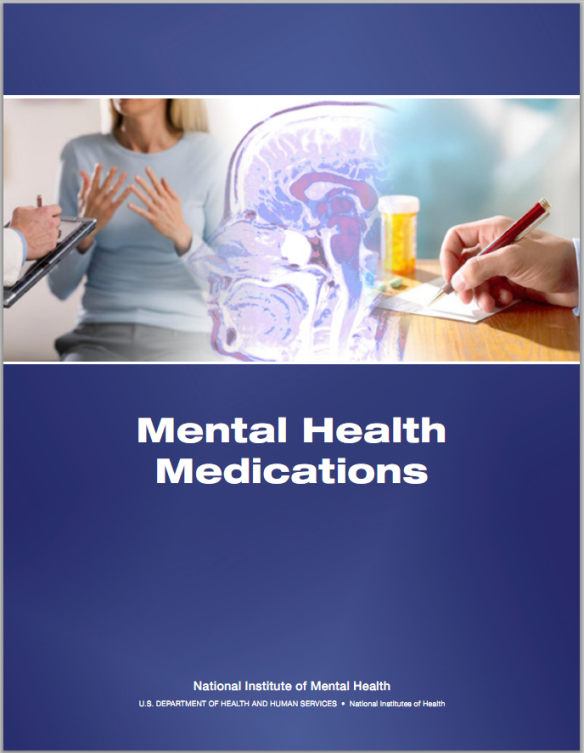Are you prepared for the highly anticipated and long awaited DSM-5? This new CEU course will guide you through the revision.
 Based on the book “The Intelligent Clinician’s Guide to the DSM-5®” (2013, 272 pages), this 4-hour CEU course explores all revisions to the latest version of the Diagnostic and Statistics Manual and shows clinicians how they can best apply the strong points and shortcomings of psychiatry’s most contentious resource. The book uses evidence-based critiques and new research to point out where DSM-5 is right, where it is wrong, and where the jury is still out. The author tackles the question – how can we appropriately classify and diagnose mental disorders and address the complexities of distinguishing a psychiatric ‘case’ from a ‘non-case’? He details a flawed DSM-5 ideologically-based production but encourages us to recognize that while we have to use it, we can still work our way around it. In the end he counsels clinicians to “apply extra caution and follow common sense.” Course #40-37 | 30 posttest questions | CE test available online @ https://www.pdresources.org/course/index/6/1153/DSM-5-The-Intelligent-Clinicians-Guide
Based on the book “The Intelligent Clinician’s Guide to the DSM-5®” (2013, 272 pages), this 4-hour CEU course explores all revisions to the latest version of the Diagnostic and Statistics Manual and shows clinicians how they can best apply the strong points and shortcomings of psychiatry’s most contentious resource. The book uses evidence-based critiques and new research to point out where DSM-5 is right, where it is wrong, and where the jury is still out. The author tackles the question – how can we appropriately classify and diagnose mental disorders and address the complexities of distinguishing a psychiatric ‘case’ from a ‘non-case’? He details a flawed DSM-5 ideologically-based production but encourages us to recognize that while we have to use it, we can still work our way around it. In the end he counsels clinicians to “apply extra caution and follow common sense.” Course #40-37 | 30 posttest questions | CE test available online @ https://www.pdresources.org/course/index/6/1153/DSM-5-The-Intelligent-Clinicians-Guide
About the Author:
Joel Paris, MD, is a psychiatrist who is renowned for his research on personality disorders. He obtained an MD from McGill University in 1964, where he also trained in psychiatry. Dr. Paris’ main diagnosis of interest, borderline personality disorder, affects 1% of the population and it is associated with repeated suicide attempts. Dr. Paris’ research program aims to learn more about the causes of personality disorder, how they develop during childhood and adolescence and how patients recover over time. Dr. Paris collaborates with numerous researchers within the McGill network. These collaborations have employed the methods of neuroendocrine challenge, neuropsychological assessment, behaviour genetics and molecular genetics and include studies aimed at the prediction of suicide ideas and suicide attempts in young women. The primary hypothesis is that personality traits (impulsivity and affective instability) will be the predictors of suicidality.
CE Information:
Professional Development Resources is approved by the American Psychological Association (APA) to sponsor continuing education for psychologists; by the National Board of Certified Counselors (NBCC) to offer home study continuing education for NCCs (Provider #5590); by the Association of Social Work Boards (ASWB Provider #1046, ACE Program); by the National Association of Alcoholism & Drug Abuse Counselors (NAADAC Provider #000279); by the California Board of Behavioral Sciences (#PCE1625); by the Florida Boards of Clinical Social Work, Marriage & Family Therapy, and Mental Health Counseling (#BAP346) and Psychology & School Psychology (#50-1635); by the Illinois DPR for Social Work (#159-00531); by the Ohio Counselor, Social Worker & MFT Board (#RCST100501); by the South Carolina Board of Professional Counselors & MFTs (#193); and by the Texas Board of Examiners of Marriage & Family Therapists (#114) and State Board of Social Worker Examiners (#5678).


